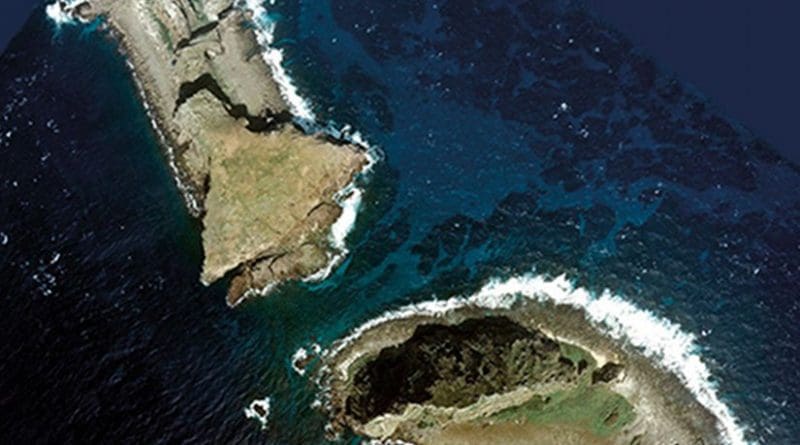Will Senkaku Island Dispute Lead To China-Japan War? – OpEd
Ever since the end of World War II, Japan has adopted a determined policy of non-confrontation. People of Japan today certainly regret Japan’s participation in World War II and consider it as a historical mistake. The defence expenditure in Japan has been kept to a minimum and its entire focus is on scientific, technological and industrial advancement. With such proactive pursuits, Japan has achieved spectacular growth and now remains as one of the most respected and admired countries in the world.
Unfortunately, it appears that China doesn’t want to allow Japan to live in peace.
The Senkaku island dispute has been raised by China claiming its ownership and in the process provoking Japan and forcing it to resist China’s aggressive pursuits. The question is to what extent can Japan can resist the expansionist move of China, if China persists with its aggressive targets.
Apart from Japan’s commitment to the cause of peace, the problem for Japan in dealing with China is the excessive level of investments by the Japanese companies in China and the level of trade that Japan has with China.
Almost every large company in Japan has deep involvement in China by way of investment, technology transfer already made and the large Chinese market that Japan cannot afford to give up. In the case of military confrontation between the two countries, it is quite possible that China may even take over the Japanese investments in China, with least regard for international agreements and trade cooperation. If this would happen, Japan cannot afford this.
Certainly, Japan is likely to avoid any friction in its relationship with China, if possible. But, it needs two hands to clap.
In recent times, China has been consistently giving an impression to the world that it would seek to dominate the world in all respects and at any cost. Though US President Trump declared a trade war with China to check China’s aggressive plans, the ground reality is that no country in the world including Japan has extended active support to the USA in the trade war that US President Trump launched.
Attracted by the large China market and the fact that many developed countries have made huge investments in China, every nation wants to avoid a situation where confrontation with China would develop. While President Trump has taken the bull by the horn in dealing with China, no one knows whether the next President of the USA, (if President Trump were to lose the Presidential election) would adopt the same policy of trade war with China with similar intensity.
In such a situation, the Japanese government is in a quandary as to how to tackle the present uneasy relation with China and to what extent Japan can depend upon USA and West European countries in defending itself against China. At the same time, Japan cannot surrender its sovereignty over the Senkaku Islands to China.
China certainly knows the Japanese government’s predicament in the current situation and would certainly not mind conducting a limited war with Japan, knowing fully well that the USA and other West European countries will not go to Japan’s defence beyond a certain limit, in the present situation.
With what appears to be a reckless government in China with feelings of over confidence that its aggressive pursuits would largely go unchallenged, Japan has now participated in the QUAD alliance. However, it is still not known as to what extent the QUAD alliance would help Japan if it has to face a military conflict with China.
Certainly, Japan now has to revise its proactive foreign policy approach and take measures to defend itself against China’s aggression. There cannot be any half way move.
India is another country that faces an almost similar problems in dealing with China. Like Japan, the Indian government is not sure as to how it should confront China to make it behave in the present uncertain global scenario, with a weak economy in European countries and huge internal confusion in the USA regarding leadership issues.
After World War II, Japan now faces the most serious challenge in continuing the its policy of non-confrontation.

